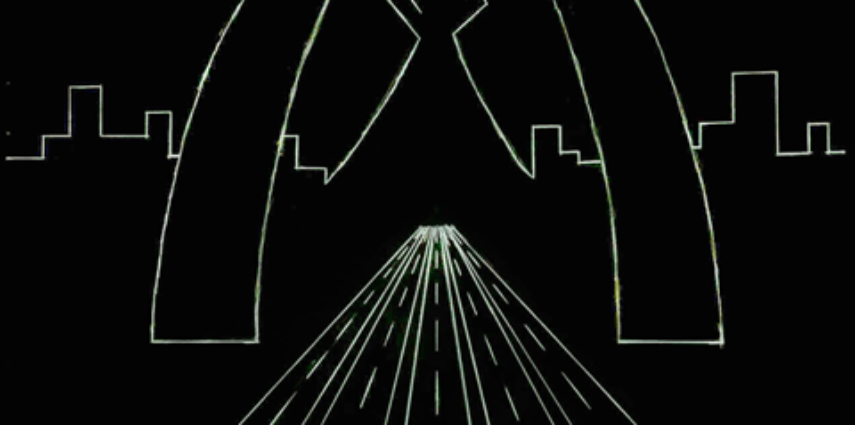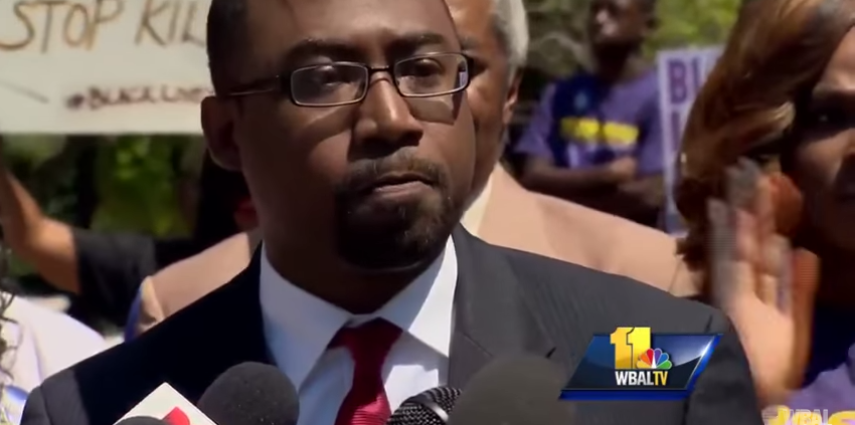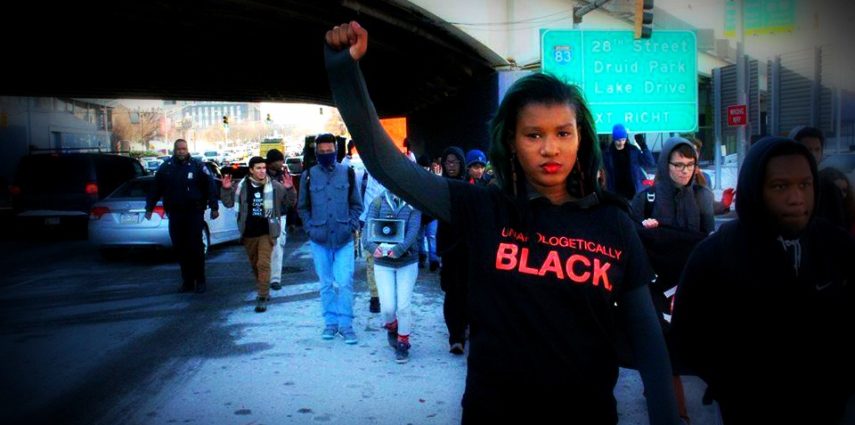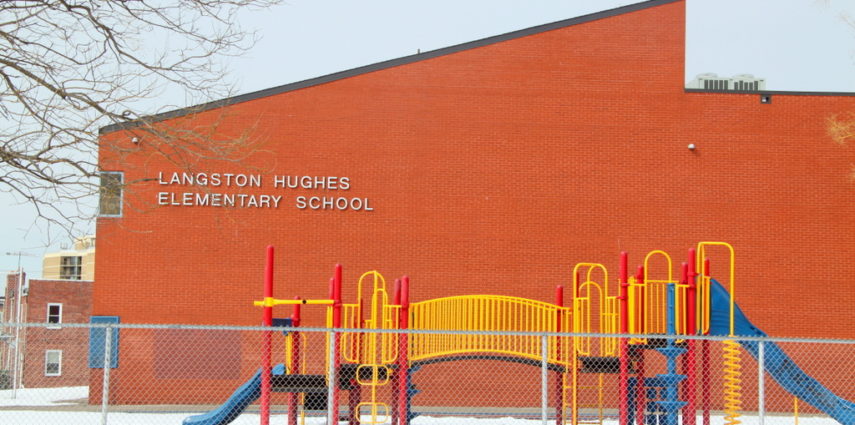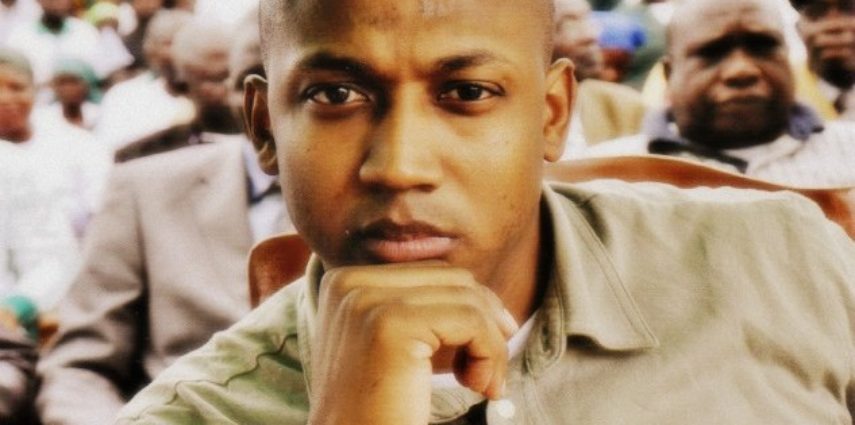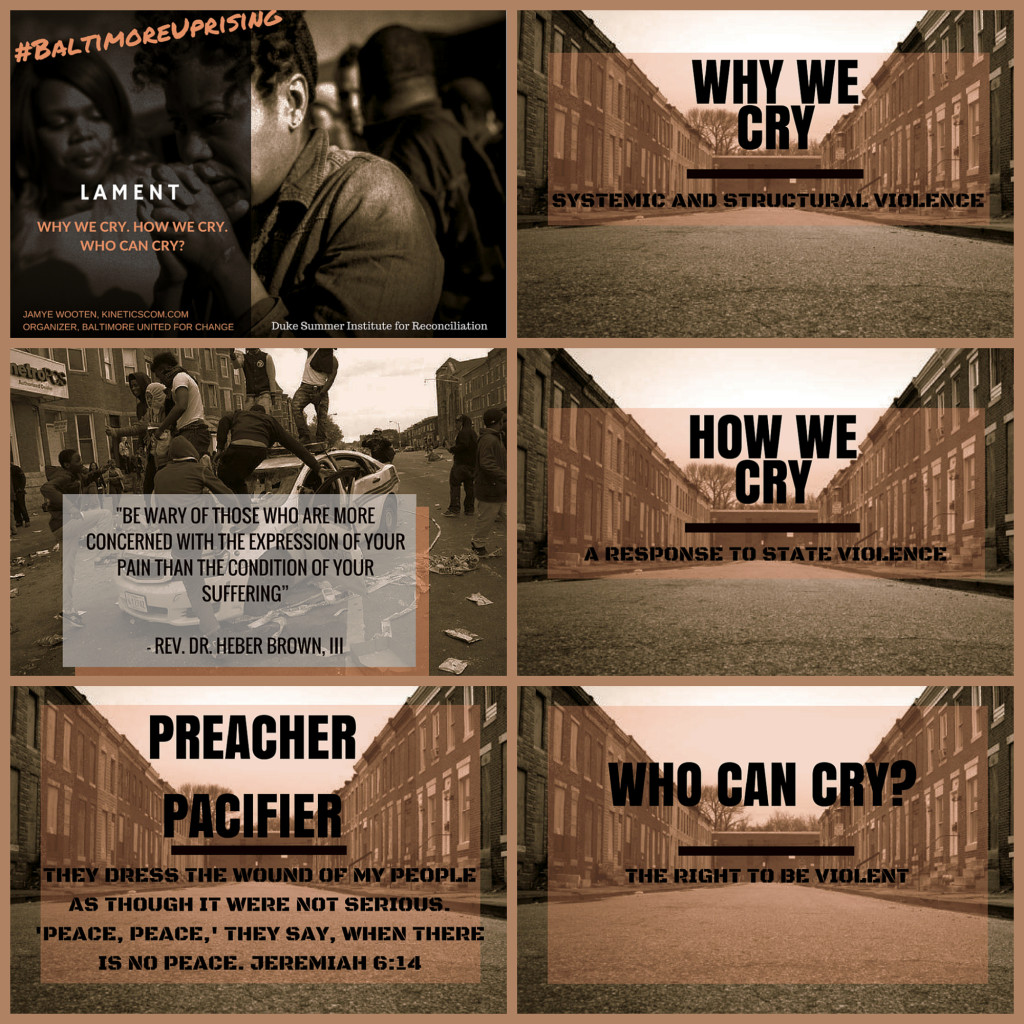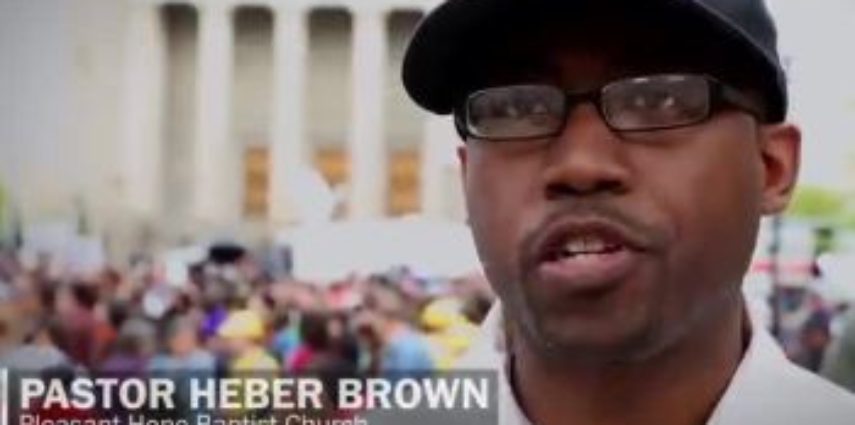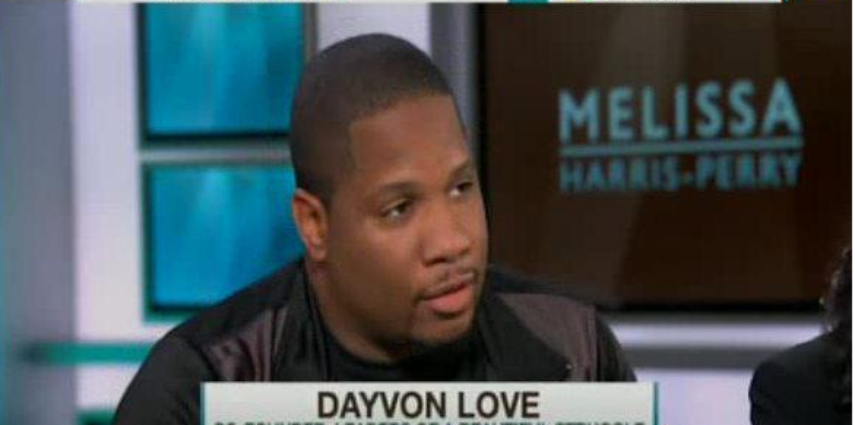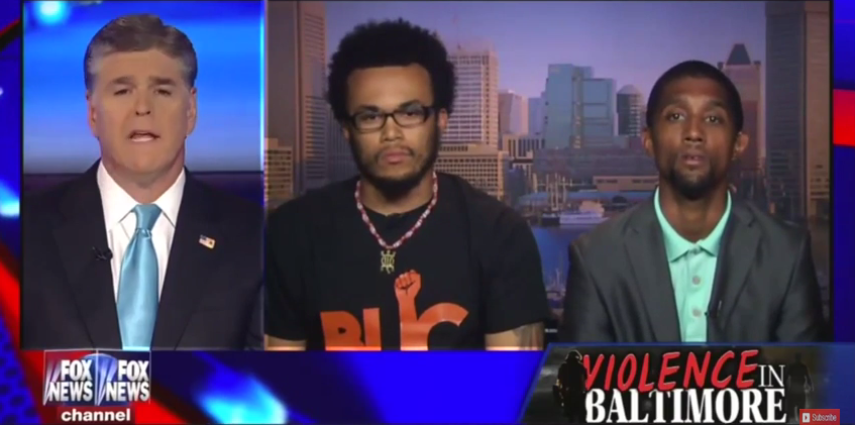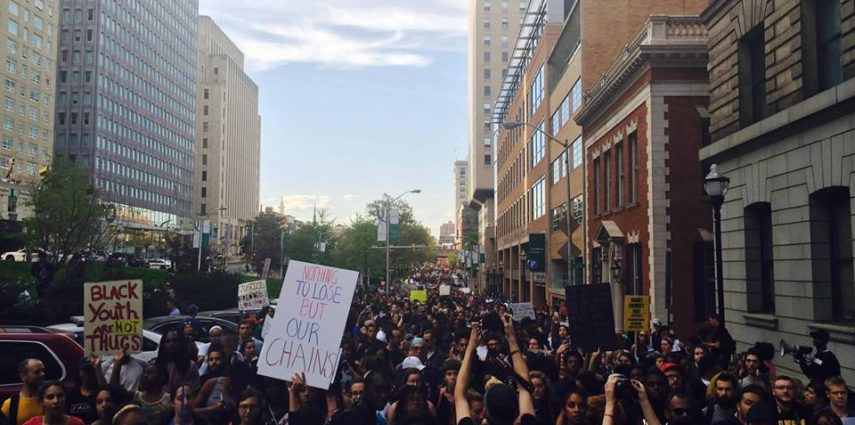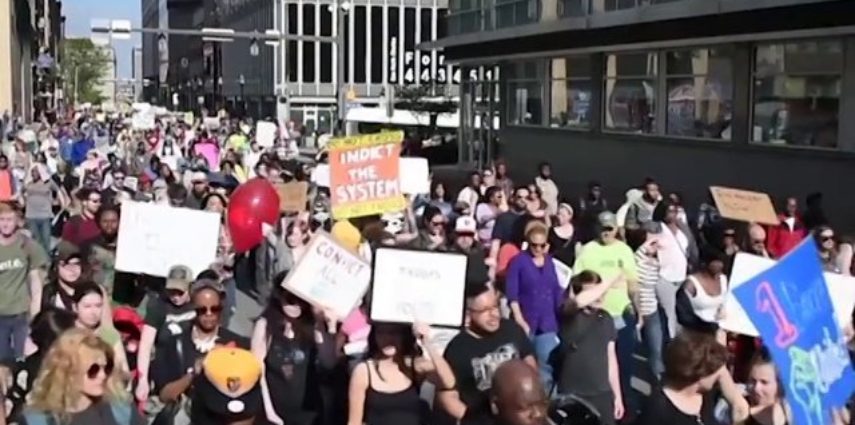
‘All Roads Lead to Ferguson’ Tour and Justice Gathering in Baltimore
Contact: Nicolas Nagle, mobile: (650) 793-5825
Musicians, poets, and artists from Baltimore and around the country will gather to support the Black Lives Matter movement in the historical tradition of troubadours and social change. Works of art and music will be offered on the eight-city tour to inspire folks to transform the legacy of police brutality and white supremacy into healing and hope. Artist-activists including Peter Yarrow (of Peter, Paul, and Mary), Kristen Graves, Té V. Smith, The Peace Poets, and Bishop John Selders will rally and inspire Black Lives Matter supporters in these Justice Gatherings.
Date: August 1st, 2015
Time: Performance at 7:30 PM; Media availability at 5 and 9 PM
Host: Rev. Heber Brown, III, Pastor of Pleasant Hope Baptist Church
Location: Pleasant Hope Baptist Church, 430 E. Belvedere Ave., Baltimore, MD 21212
Bishop Selders along with other artists on the tour will be available for interview at 5 PM and 9 PM
Selders is spearheading the “All Roads Lead to Ferguson” Black Lives Matter Tour through eight cities from Hartford, CT to Ferguson, MO, culminating in a national gathering in Ferguson, one year after the killing of Michael Brown (August 9th, 2014).
Selders’ group, Moral Monday CT, has rallied to support the Black Lives Matter movement against police brutality, excessive force, mass incarceration, the school to prison pipeline, and for racial justice. Moral Monday CT has roots in the current social justice and civil rights movement started by the Reverend Doctor William Barber of North Carolina NAACP in response to recent restrictions on voting rights.
Partner organizations include: Fellowship of Reconciliation, Faith in Ferguson,
Cleveland Action, Ferguson Action, Black Lives Matter, Deep Abiding Love, and others

